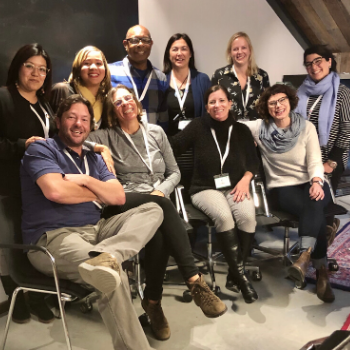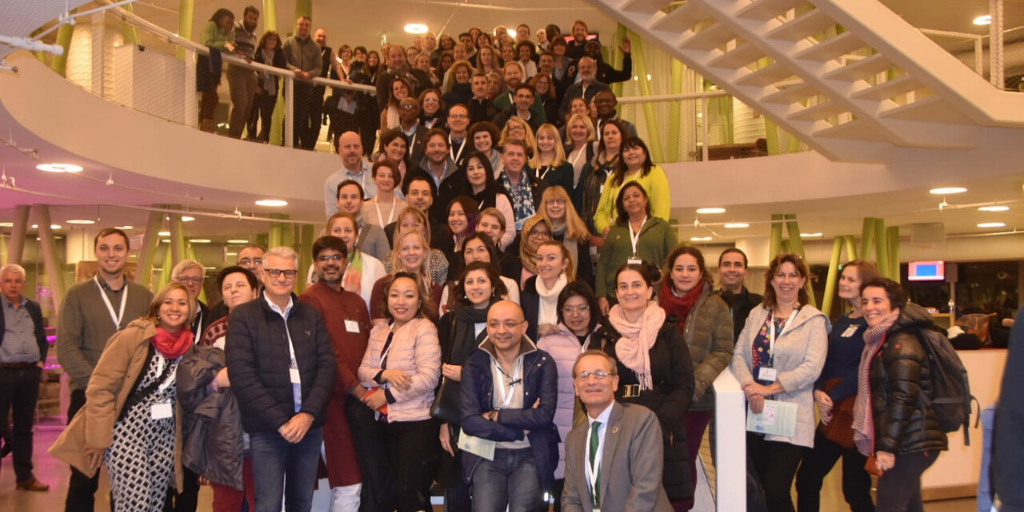Spanning 68 countries and engaging over 19 million students, the international Eco-Schools program is an amazing community and a powerful example of climate crisis problem solving and collaboration in a wide variety of regional contexts.
As a proud member of this international network, our Executive Director, Lindsay Bunce, recently travelled to the Foundation for Environmental Education’s Eco-Schools National Operators Meeting in the Netherlands.
So what happens when leaders from Eco-Schools countries get together? Besides learning about vocational school engagement in Belgium, getting inspired by student advocacy in the UK, and falling in love with poffertjes and stroopwafels, here are some of Lindsay’s key takeaways from the meeting.
1. Focusing on strategic Sustainable Development Goals
As a global community, Eco-Schools will be strategically emphasizing three target areas of activity over the next few years. Each target area is directly connected to Eco-Schools certification and the UN Sustainable Development Goals (SDGs):
- Pollution (Goal 6: Clean Water, Goal 12: Responsible Consumption)
- Climate Change (Goal 13: Climate Action)
- Loss of Biodiversity (Goal 14: Life Below Water, Goal 15: Life on Land)
The Foundation for Environmental Education will be creating additional tools and resources to support learning and action related to these target areas. Please stay tuned!
2. Climate resilience learning
Discussions throughout the meeting also included greater attention to climate resilience efforts and adaptation as strategies that need to accompany mitigation actions to reduce our climate impact.
Several countries have been using the Indianoceania Climate Change Portal as a classroom resource to explore how fragile island ecosystems are responding to climate change.
Left: Reeuwijk, Netherlands, location of the 2019 FEE National Operators Meeting. Photo credit: Jan Z Kulenovic.
3. Pursuing positive change through collaboration
Many countries have identified a common desire to shift the emphasis away from content-based climate learning to frameworks that explicitly connect to positive changes in attitudes and behaviours. Eco-Schools leaders highlighted the need to continue to unpack issues in a collaborative way with students and create spaces for youth to meaningfully engage their school community in positive change.
It isn’t about ‘empowering’ students with knowledge – it’s about giving them the tools and support they need to address issues that are important to them.
We look forward to connecting with, and continuing to learn from, our international EcoSchools counterparts at next year’s National Operators Meeting. Go EcoSchools!



